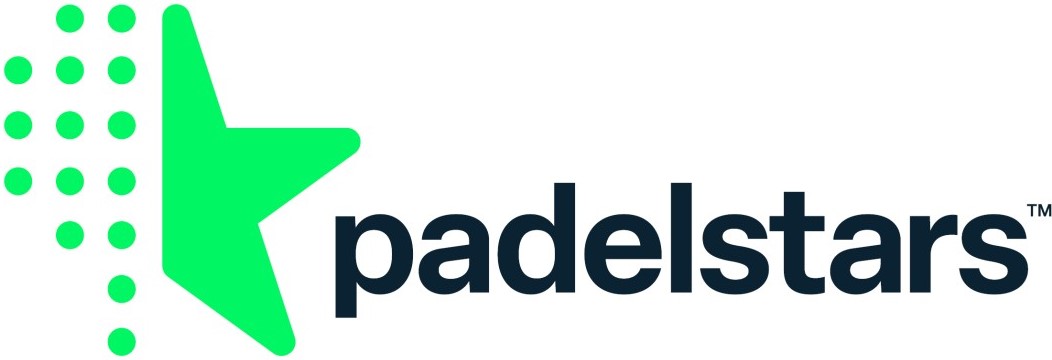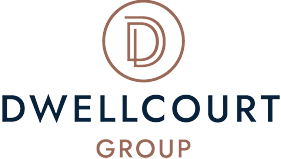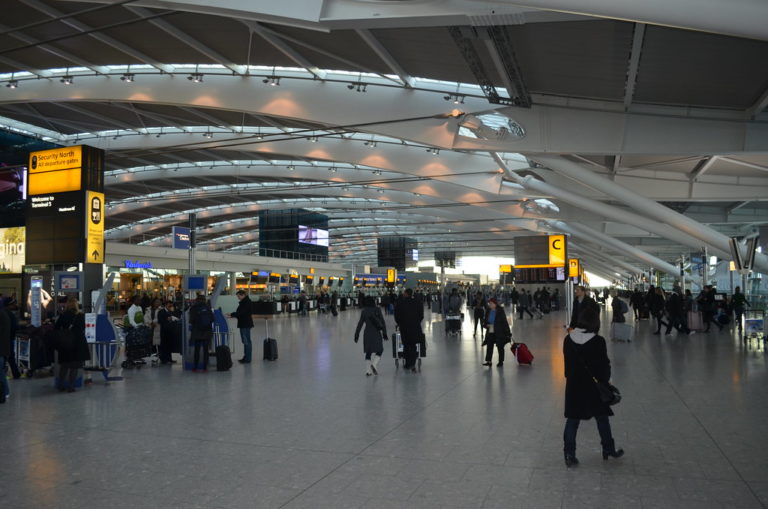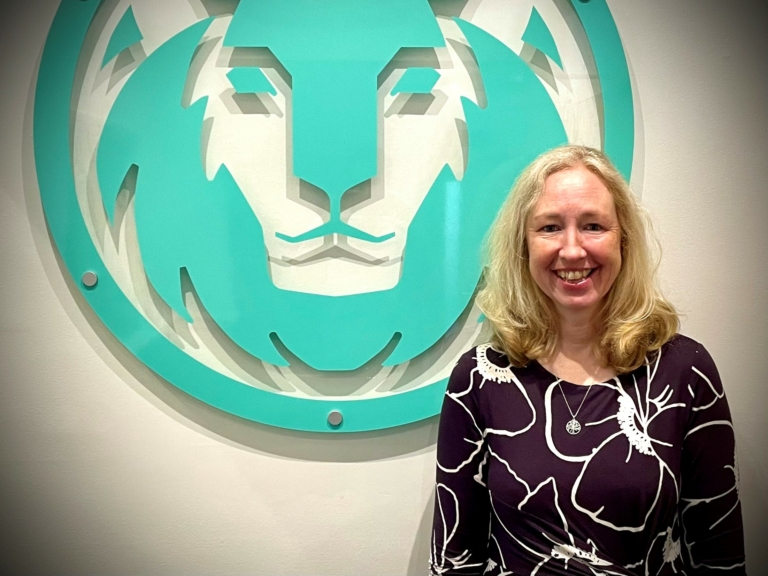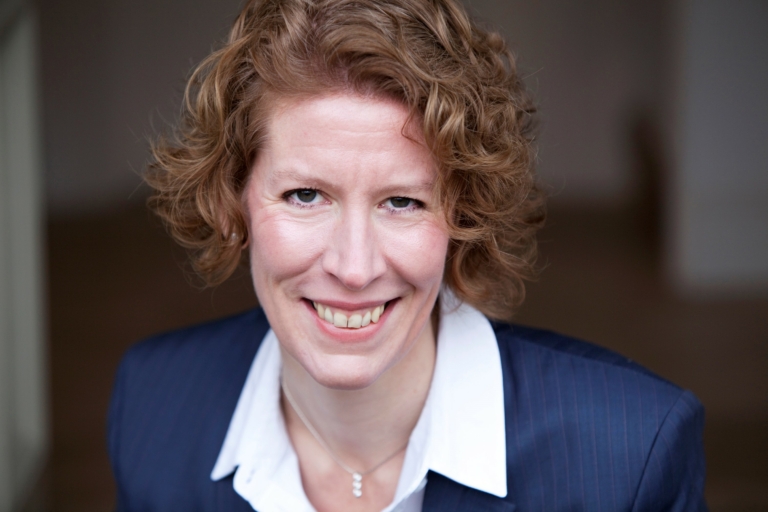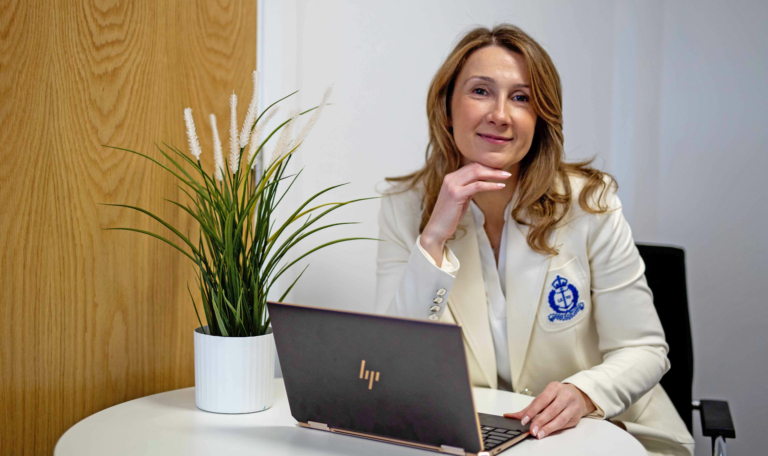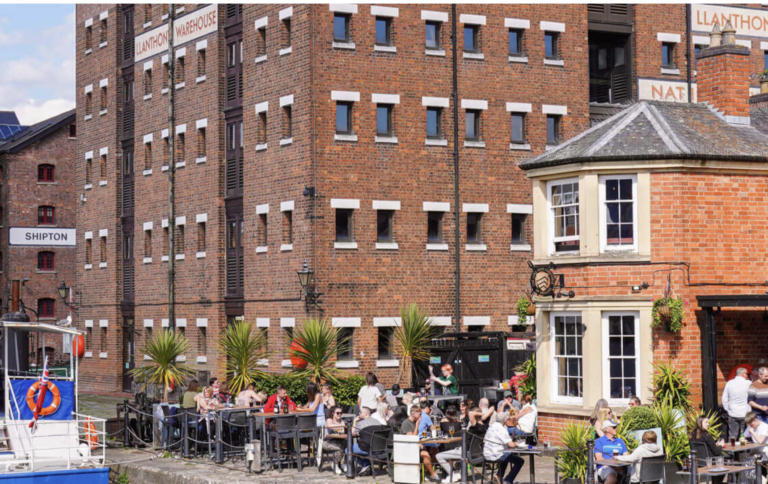VITSŒ: THE WORKPLACE REIMAGINED
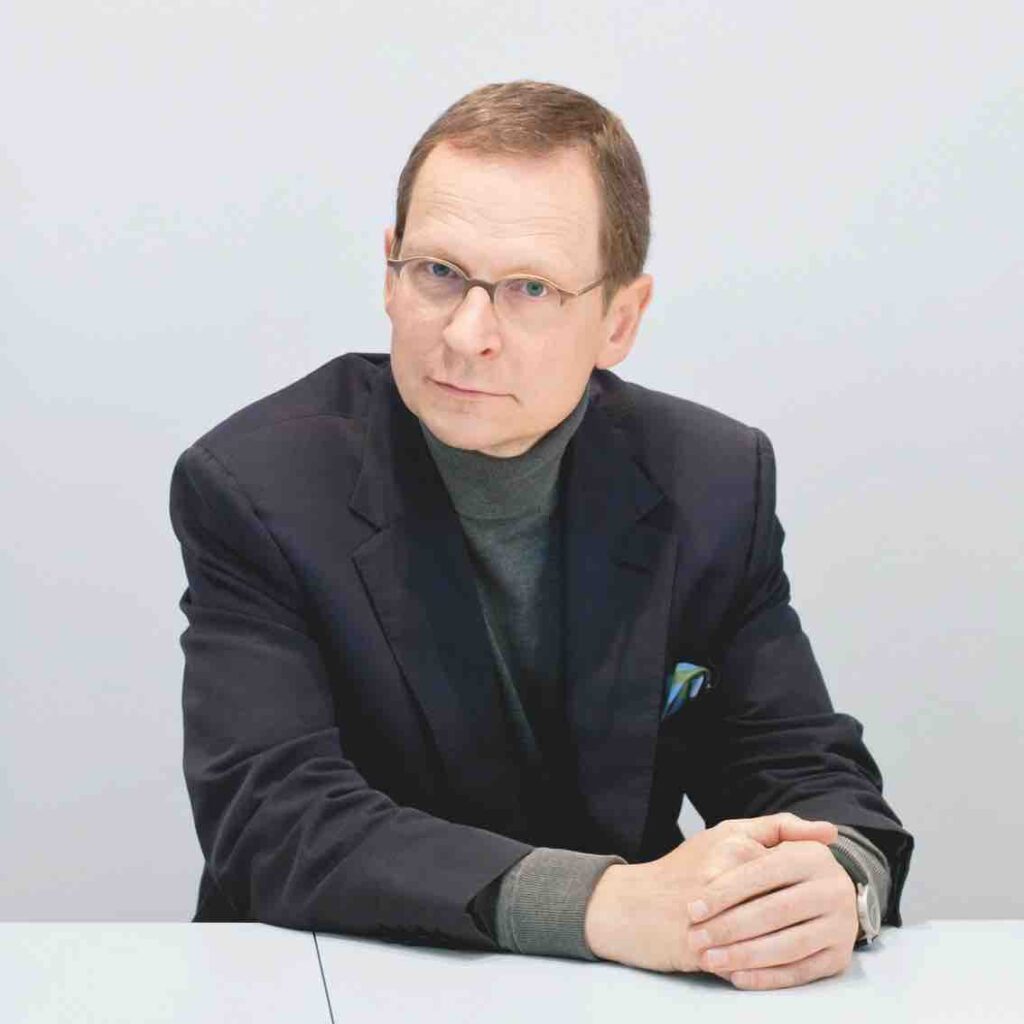
Sixty years ago, one of the most contemporary and durable furniture systems was born in Germany. Now it’s made in the heart of England, in a unique factory space
By Nicky Godding
You may not yet have heard of Vitsœ, the company that makes furniture by Dieter Rams, one of the most prominent industrial designers of the 20th century, but that will change. In June last year the company, now run by Managing Director Mark Adams, opened the UK’s most incredible factory space.
Inside the airiest 40,000 sq ft of industrial space you will ever experience, built almost entirely of birch timber and with a saw tooth glazed roof, is a uniquely collaborative environment.
Around 75 people from 15 nationalities work at Vitsœ. Designers, makers, the communications and digital teams, admin and finance all work alongside each other producing and promoting the company’s unique shelving and seating systems.
There are no internal walls. Nothing separating the communal eating space, with its floor-to-ceiling picture windows, from the factory floor, or the kitchen where the full-time chef prepares meals for staff and visitors daily.
The space also holds an accommodation block, museum, library, an outside space overlooking the Grand Union canal and a dance company.
A dance company? Right in the centre of the factory, the Motionhouse dancecircus company practices on matting and scaffolding erected in its centre.
But this innovative building isn’t in the centre of London. It’s in Leamington Spa.
Building a sustainable future
When I visit in late July, despite the temperature being over 30 degrees celcius outside, inside is cool. There is no air conditioning and no extra lighting needed.
This building is beautiful, but it’s taken years of blood and toil by the Vitsœ team to deliver.
“Six years ago, Vitsœ was based in an 8,000 sq ft tin-roofed building in Campden, London,” says Mark. “We also have a shop on Duke Street, Marylebone. But we needed more space.”
Mark is passionate about sustainable design, which is a key reason why he brought Vitsœ from Germany to the UK in 1990.
With a degree in biology he has long been interested in the body’s immune system and claims that its effectiveness is declining because we spend too long in artificiallycontrolled temperature and light. “Our immune system needs to respond to annual seasonal change. Humans need natural environment and good food.”
Building the new Vitsœ headquarters was an opportunity to pull together his passions — design and creativity, to deliver a space that could become a template for workspaces for the 21st century.
“Vitsœ is a founder member of the Centre for Industrial Sustainability at Cambridge,” explained Mark.
“When we decided to relocate, I sat with academics from all over the UK to explore how a building might work for us in the 21st century. We also wanted to reduce energy use and here we have natural light and ventilation throughout the year.”
In Vitsœ’s new building, indirect north light is reflected inside. There are external venetian blinds, triple glazing and a 170mm concrete floor with underfloor heating. The entire building frame is made of timber. Even the insulation is wood fibre.
But there isn’t anything here which hasn’t been thought of before. A hero of Mark’s is Joseph Paxton (the celebrated Victorian gardener who designed Crystal Palace, the central building of the 1851 Great Exhibition). All his ideas are here, and more. “What we’ve done is think logically and pull them all together in one space.”
A centre of excellence
Leamington Spa was the perfect spot for relocation, being equidistant to most of Vitsœ’s supply chain. “We have suppliers from Cirencester to Winsford and further north. We also wanted to retain our umbilical cord to London, to be connected — but at a distance. Here we are close to some of the UK’s best educational providers, including Warwickshire College Group and WMG at the University of Warwick, and to one of the UK’s most exciting digital communities. All of these will help provide a pipeline of the skilled people we will need to grow.”
Before he began looking for a site, Mark wanted to get to know Leamington Spa better. “We met the old manufacturing crowd, creatives such as Motionhouse and those in the gaming and digital sector.”
The town council team helped Mark secure the old Ford foundry site, just five minutes walk from Leamington Spa railway station.
The financial investment was, surprisingly, less complicated to achieve. “The whole project cost us £9 million, including £5.7 million to build it, which we didn’t have. So we offered mini bonds to our customers,” Mark explains.
“One customer financed the riskiest construction phase, lending us the money for 16 months. When we had completed the project, we secured a loan from the Dutch ethical bank Triodos.
“All those who bought bonds love what Vitsœ stands for and wanted to support us. We raised the money in six weeks. It was incredible. The minimum lent was £5,000, others lent half or a quarter of a million pounds and more besides. We are here purely thanks to our customers.”
A career by design
Mark graduated as a biologist but took a job in Paris, setting up an office for a large recruitment business.
His heart wasn’t in the corporate life and having bought a small flat in London’s nascent Docklands, he went hunting for furniture. “I’d coveted the classic Tizio light designed by Richard Sapper in 1972.
“I found an interiors shop in the West End. I returned a few weeks later and they were installing black Vitsœ shelving. It was beautiful. They explained it was by Dieter Rams, the German consumer products company Braun’s head of design who was already known for his hairdryers, coffee machines and calculators. I knew his work as I owned his razor and alarm clock.”
The shop owner saw Mark was interested, and a couple of weeks later offered him a job — at less than half of the salary he’d previously enjoyed. “I was just two years out of university. I thought if I don’t do it now I probably never will.”
Four months later, in 1986, the shop went bust. Assessing the wreckage of his new career, Mark jumped on a plane to Germany and introduced himself to Niels Vitsœ. “I’d spoken to him just twice on the phone. He allowed me to set up a company to import and distribute his furniture in the UK.”
Soon after Mark set up the company, the UK entered the eighties and ninties recession, but the business hung on. Then another disaster hit: Vitsœ went bankrupt. Mark bought the business, but on visiting the company’s Germany HQ, the situation was worse than he’d been told. He battled to save the company, spending two years in Germany before relocating the business to the UK.
It was an incredibly tough time. But one day, he received a surprise call from Tyler Brule, the now celebrated Canadian journalist and publisher, who was launching Wallpaper, which was to became one of the most influential magazines of the 1990s.
Brule included Dieter Ram’s Vitsœ furniture in his first issue. It was read by one of New York’s up-and-coming retailers who contacted Mark. “Their business brought us back into life,” said Mark.
Mark now commutes between the UK, USA and Europe as brand awareness builds. Seventy per cent of Vitsœ products are exported. “South Korea is currently a strong market,” he said.
“We are a British company located in Leamington Spa with a Danish name and products designed by a German. We are an international company.”
The history of Vitsœ
Vitsœ was founded by Niels Vitsœ in Germany in 1959. While selling Danish furniture, Niels was introduced to Dieter Rams. Trained as an architect, Dieter was working at German appliance manufacturer, Braun, modernising the company’s factory interiors. He soon got involved in product design and was Head of Design from 1961-1995.
In 1959 Dieter asked Erwin Braun if he could design furniture for Niels Vitsœ. Braun agreed and a year later, Dieter’s wall-mounted 606 Universal Shelving System was launched, which still forms the basis of the Vitsœ business today.
At 86, Dieter remains a huge influence on Vitsœ.
The company’s furniture systems are adaptable, durable and so highly valued that they can be regarded as family heirlooms and left to the next generation.
Most Vitsœ furniture is made of recyclable aluminium, steel and compostable wood. It is assembled with mechanical joints to allow repair and end-of-life dismantling. Importantly, everything is designed and built to last as long as possible.
Mark’s philosophy behind the building and the business
Mark said: “A visitor told me recently ‘up until now I’ve seen the working world in black and white, now I can see it in colour.’ This building is not a piece of architecture. It’s a way of thinking. It was built in 23 days and there is no plasterboard, no painting, no boxing in.
“Our duty is to encourage people to buy fewer things in life that they will look after and I think the wind is blowing in that direction.
“We want to transfer the business to our employees. We will offer indirect ownership via a trust, but the most important thing is to make the cultural change first and the legal change last. This company has to survive as an independent business.”






